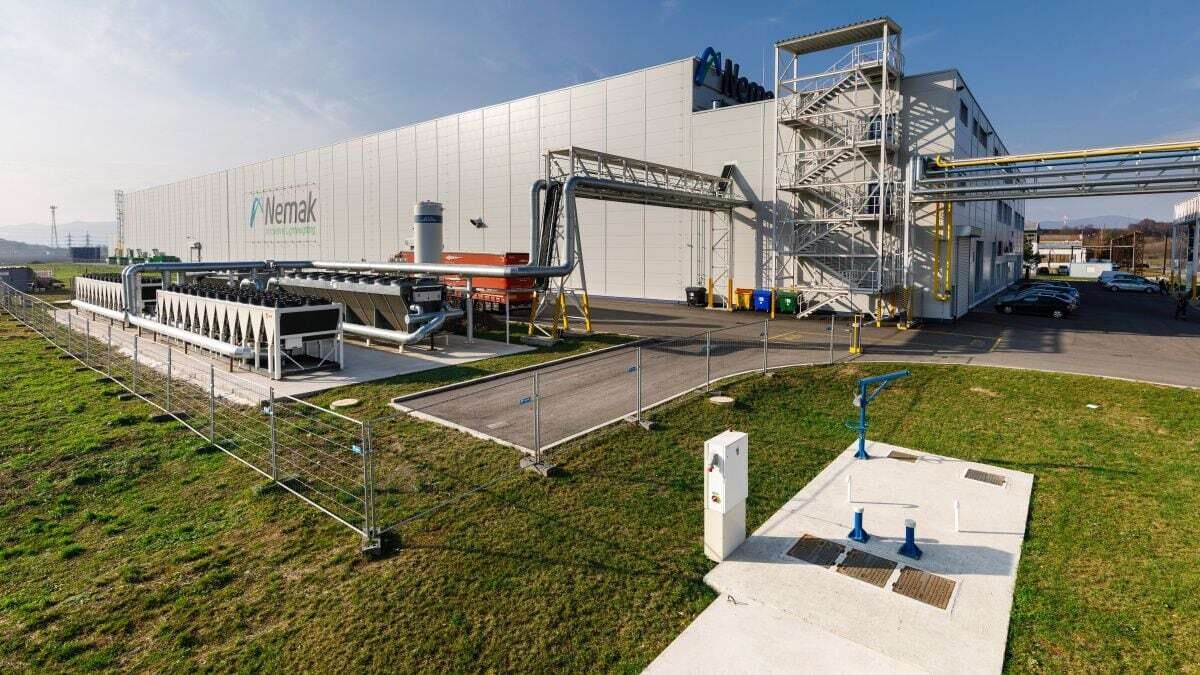
The company Nemak is considering the possibility of moving part of its production of aluminum components for electric and combustion cars, structure and chassis from Mexico to the United States, in light of the threat of tariffs imposed by the government of Donald Trump. The CEO of Nemak, Armando Tamez, emphasized that this decision will be made based on its economic viability.
The executive stressed that paying the tariffs could be more economical than moving all production. Although they do not foresee an immediate negative impact due to ongoing negotiations between both countries, they are evaluating the possibility of adjusting production capacities in a less favorable scenario. Tamez pointed out that the company would have to set product prices according to the costs of doing business in the United States, which are higher than in Mexico.
Nemak is a global company that in 2023 employed approximately 24,000 people in 38 production facilities around the world, generating revenues of $5 billion. In Mexico, it has seven plants in Nuevo León, one in Saltillo, and another in Monclova, located in Coahuila. Additionally, it has a main Foundry Center in Latin America and a product development center to support its clients in new developments.
Among Nemak's clients are large OEMs such as General Motors, Ford, Audi, BMW, Nissan, Stellantis, Mercedes Benz, and Kia, who are responsible for exporting the parts produced by Nemak to their plants in the United States or other regions. The company has production capacity in six plants in the United States, distributed in Tennessee, Kentucky, Alabama, and Wisconsin, to meet demand in case it becomes necessary to move production to that country due to the imposition of tariffs.











